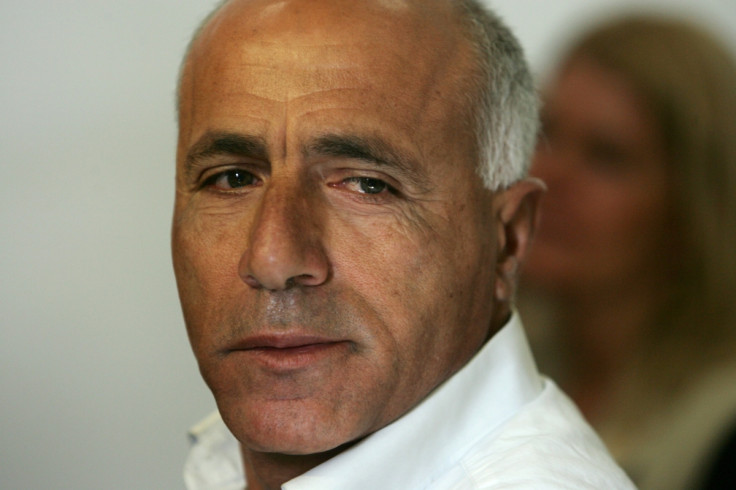Israeli nuclear whistleblower Mordechai Vanunu faces fresh charges

Mordechai Vanunu, the nuclear whistleblower who spilled secrets about the inner workings of Israel's Dimona plant in 1986, has been charged with violating the terms of his release. The order was served at the Jerusalem magistrate's court. The charges include meeting two US nationals in East Jerusalem without taking permission and moving to another flat in the same building and not informing the police about it. The order also cites an interview he gave to Channel 2 TV in 2015 in which he revealed "classified information that was cut out by the censors".
After spending 18 years in prison, out of which 11 years were spent in solitary confinement, he was released in 2004. Upon his release, a number of restrictions by the authorities prevented him from leaving the country. They said he still posed a threat to national security. He was arrested again in 2007 and 2010 for violating the terms of parole.
In the interview he gave to Channel 2, he said he did not have any more secrets to spill.
A former technician at Dimona in the Negev Nuclear Research Center, Vanunu disclosed explicit details of Israel's nuclear weapons programme to the Sunday Times. According to him, the country's nuclear capability had gone up from a handful of weapons to 100-200 nuclear warheads, including battlefield weapons and warheads that could flatten out entire cities. This information was verified by experts in the field and was confirmed to be true.
While he was in London and before the Sunday Times could even print the interview, he was lured by Mossad to Rome where he was drugged, smuggled and shipped back to Israel where he faced conviction.
According to media reports, Israel is the only country in the Middle East that is an undeclared nuclear power and has an ambiguous position on the weapons.
Israel has also refused to sign the Nuclear Non-Proliferation Treaty and denied access to the Dimona facility for international scrutiny.
© Copyright IBTimes 2025. All rights reserved.



















